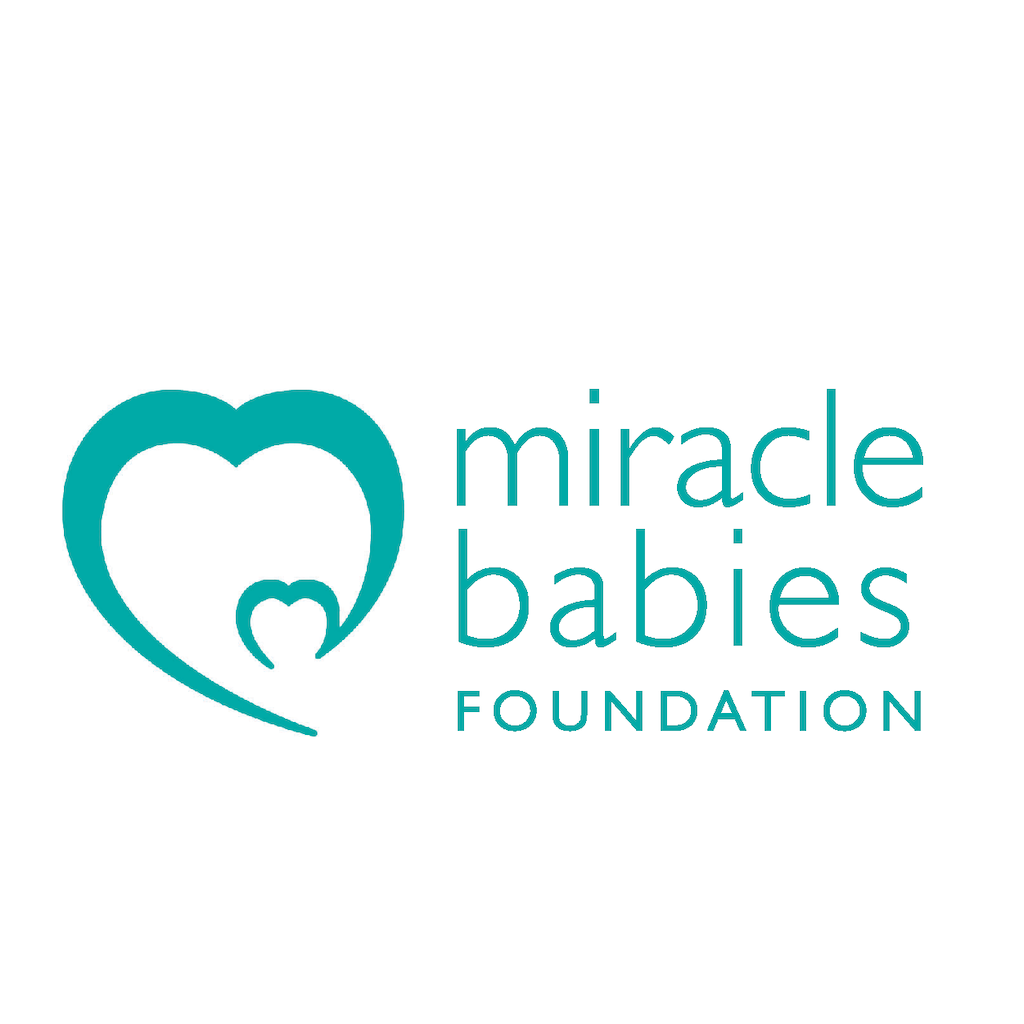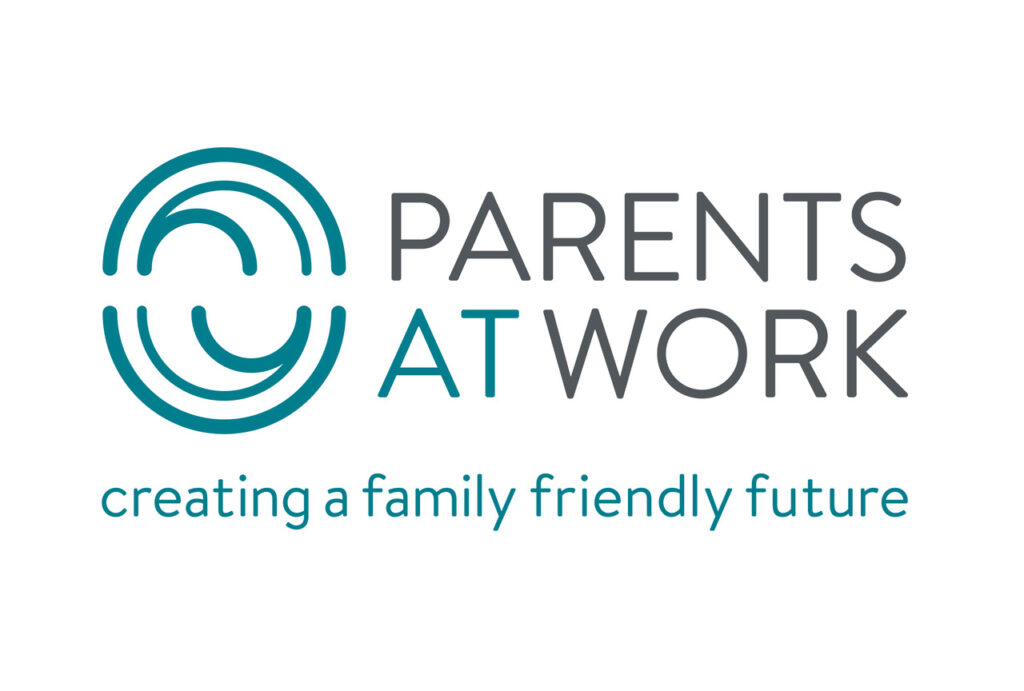In 2021, SMS4dads received Federal Government funding to expand SMS4dads. PANDA, Red Nose, the National Rural Health Alliance, Telethon Kids Institute and the Australian Indigenous Health Info Net also came on board. We thank these funding partners and contributors to SMS4dads.

There are many wonderful organisations on board to further the work and research into early intervention in parenthood and to support men’s mental health and wellbeing.
By collaborating with like-minded organisations we enhance our contribution and develop more effective support services for new dads and their families.











The original SMS4dads Program was developed as a research project at the University of Newcastle then piloted extensively. The program was found to be a very successful way to reach fathers directly in a non-invasive manner. Fathers enrolled and remained in the program throughout its duration. They also sang its praises.
Recognising the program’s potential to engage fathers, the Department of Health funded the University of Newcastle to roll out the program nationally over the next three years.
The content and reach is being expanded to focus on key areas where fathers need additional support. These include rural and remote dads, Aboriginal dads, grieving dads and those with partners suffering from a mental illness or struggling with their own mental health.
The Uni is working in partnership with services specialising in these areas to ensure that the messages to fathers are targeted and evidence-based. They will also help reach out to fathers through their existing networks.
Richard’s research revealed possible long-term negative impacts on the children of dads with mental health issues. Fathers’ depressive symptoms in the first year after the birth predicted behaviour problems in their children years later.
“If dads’ mental health has such a dramatic impact then we need to be screening dads for depression, not just mums,” Richard explains.
In response to these limitations, Richard and his team have designed a smart-phone based program that allows mobile connection for new and expectant dads.
Participants receive texts containing information and links, and self-report their mood. If the mood tracker identifies dads as needing extra support, they will be offered a phone call from a counsellor trained in this area.
Following the success of the pilot of the SMS4dads program, Funding was received to enable a National roll-out.
“When dad’s miss antenatal classes or activities, they also miss out on contact and links to other people. They may never get the chance to say to anyone, look I’m really stressed,” he points out.
“SMS4dads is a way of bringing dads into the health system and keeping them linked in with services and support,” explains Richard.
Richard credits a varied career, a talented and innovative team, and much life experience for affording him the insight needed to address the challenges related to actively engaging dads.
After completing his masters in Medical Science, studying epidemiology, Richard earned his PhD focusing on fathers and attachment.
“Fathers are invisible in many places, and that is endemic. Not because people dislike fathers, but because the system is set up to be focused on mothers.”
Some services and organisations are aware of the need to engage dads, but have been unsuccessful in their attempts.
“When people are challenged about this, they generally want dads involved,” Richard affirms.
“Often, however, they just don’t know how to do it.”
Richard works with health professionals on issues related to fathers, and has delivered many antenatal programs for expectant dads.
He credits his own family with giving him an understanding of the role of fathers needed to make his work relevant.
“I have three daughters and two stepdaughters,”
“My kids would say they taught me just about everything I know and they’d be right. They’ve taught me a lot, and still do.”
Richard’s research revealed possible long-term negative impacts on the children of dads with mental health issues. Fathers’ depressive symptoms in the first year after the birth predicted behaviour problems in their children years later.
“If dads’ mental health has such a dramatic impact then we need to be screening dads for depression, not just mums,” Richard explains.
In response to these limitations, Richard and his team have designed a smart-phone based program that allows mobile connection for new and expectant dads.
Participants receive texts containing information and links, and self-report their mood. If the mood tracker identifies dads as needing extra support, they will be offered a phone call from a counsellor trained in this area.
Following the success of the pilot of the SMS4dads program, Funding was received to enable a National roll-out.
“When dad’s miss antenatal classes or activities, they also miss out on contact and links to other people. They may never get the chance to say to anyone, look I’m really stressed,” he points out.
“SMS4dads is a way of bringing dads into the health system and keeping them linked in with services and support,” explains Richard.